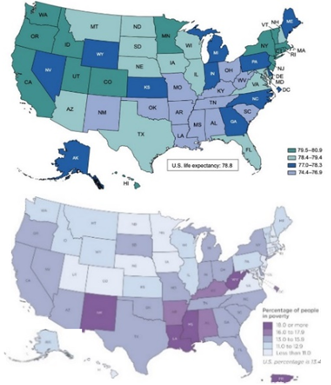
Established in 2008, the CCTS has been at the forefront of innovative research aimed at reducing the burden of cardiometabolic, vascular, and cancer-related diseases that disproportionately affect our region. As the only Clinical and Translational Science Award (CTSA) in Alabama, we are committed to fostering collaborative efforts that transcend institutional boundaries. Our Center’s regional Partner Network, ‒ consisting of 11 esteemed academic health centers, research institutes and universities across Alabama, Mississippi, and Louisiana ‒ serves as the cornerstone of our collaborative endeavors. This Network has provided a unique platform for researchers to engage in transdisciplinary research, ultimately driving our vision, mission and aims.
The CCTS’s initial goal was to ‘sharpen science’ by catalyzing clinical and translational discovery through internal and external collaborations via engaged research teams. Building on this tradition of partnership, this effort transcended disciplines to bring together Schools and Institutions across our region to advance ‘science through synergy’ of expertise and scholarship, maximizing operational efficiency without duplication. This momentum optimally positions the CCTS to focus more explicitly on generating ‘solutions through science’, tackling barriers to the translation, dissemination and implementation (D&I) of knowledge and innovation.
Vision
Our vision is to harness the tremendous collaborative energy the CCTS Partner Network has generated to accelerate the discovery, dissemination and implementation of new findings, deliver more treatments to more people more quickly, reduce the burden of chronic disease and advance health equity in the Deep South and beyond.
Mission
Working together, we will enhance the translation of fundamental and clinical research into improvements for human health and health care delivery. By further developing a well-trained workforce in translational science, by promoting an efficient scientific capacity, by engaging our communities in partnership to identify challenges and create approaches to solutions, and by assuring effective use of available resources, the CCTS Partner Network will accelerate the pace of discovery to delivery across the translational spectrum.
CCTS Goals
The CCTS provides programmatic leadership that harnesses and accentuates the resources and talents across the Partner Network. It brings together academic, health system, industry, and community partners in the Deep South to advance discovery science, including dissemination and implementation of new findings.
The CCTS is furthering the development of a vibrant CTS workforce through didactic and experiential training and mentoring with an emphasis on team science and translational thinking.
The CCTS partners with communities and stakeholders in trusting, bidirectional relationships that develop, disseminate and implement new discoveries impacting the most important health issues for our region and country, including the special needs of our vulnerable and unique populations.
The Center is advancing informatics resources that catalyze and coordinate the use of high dimensional, interoperable data across the Partner Network and CTSA consortium, integrating collaborative analytic teams to accelerate scientific discovery and translate new knowledge into practice. It is enabling discovery research from the bench to the learning healthcare system and back, leading the way in developing a nimble, digitally integrated ecosystem that forms the leading edge of discovery science.
The CCTS accelerates the pace and impact of new discoveries through rigorously designed and effectively implemented clinical trials and pilot studies by providing a range of specialized services, resources and consultations.
The CCTS Partner Network promotes breakthroughs in high priority scientific areas by supporting research projects focused on overcoming barriers to the effective and efficient translation and implementation of health insights and innovations through clinical and translational science.